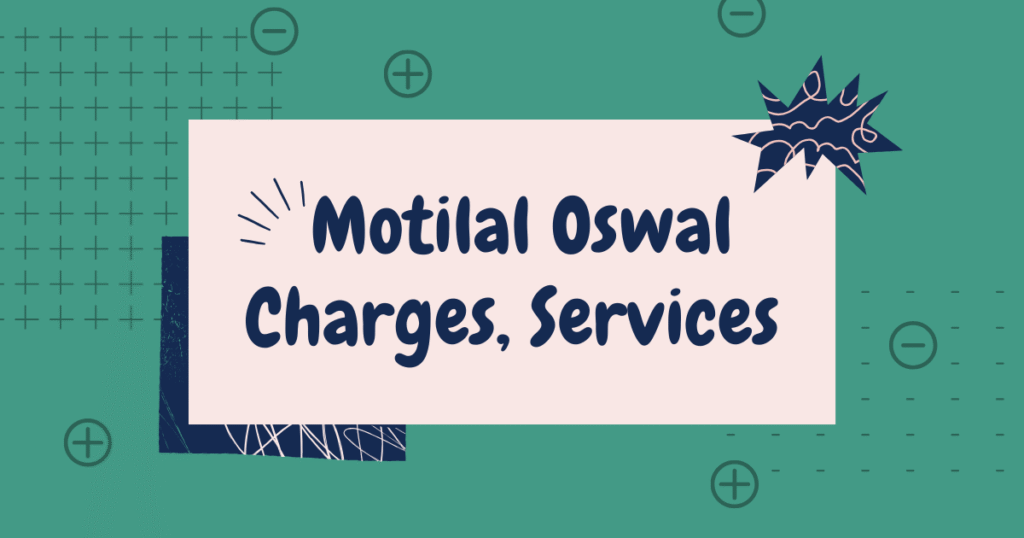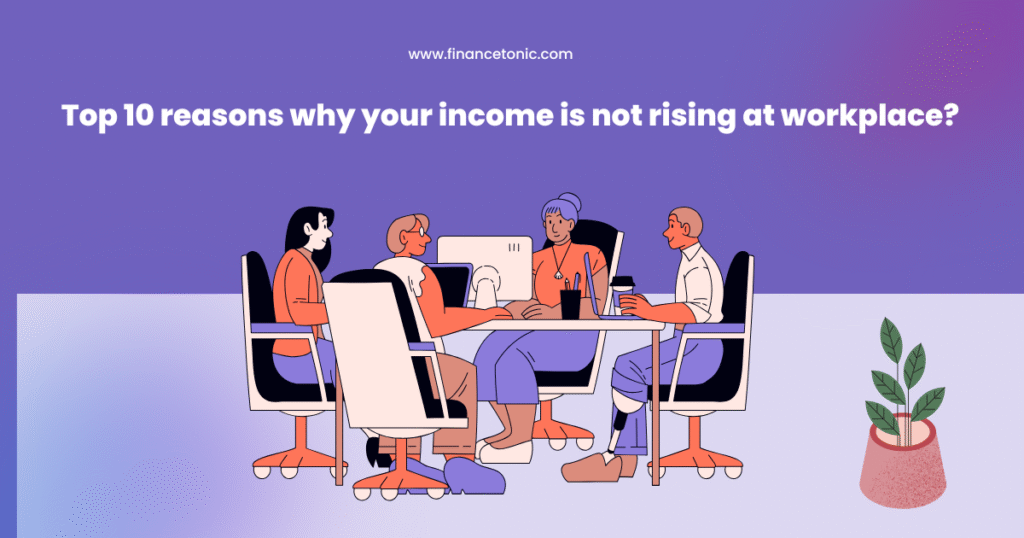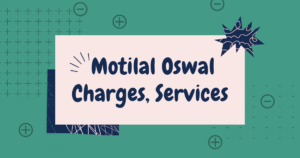
Tata Consultancy Services, TCS recent decision to let go of over 12,000 employees globally has not only made IT professionals uneasy but has also caused a tsunami across industries already on edge about AI-led job cuts. But losing a paycheck is not the only jolt many employees are facing.
Here is why it gets trickier – this health cover usually ends the moment you walk out the company door. Over time, a lot of companies have trimmed these benefits, narrowing the scope to just you, your spouse, and your kids. If your current job still covers your parents under group insurance, count yourself lucky because that perk is becoming rare.
Why does this matters so much is because getting decent, affordable health insurance for senior citizens is anything but simple. The premiums are high, insurers aren’t too eager, and most plans come with long waiting periods (sometimes up to three years) for covering pre-existing conditions. On top of that, many policies won’t even consider applicants with certain medical histories or age-related risks.
What Should You Do, Port or Buy New?
Yes, you could buy a new, standalone health insurance policy when you know you are leaving a job. But let us be real, it is not just a quick online form and you’re done; even if you do get a policy, you’ll still be stuck with long waiting periods. Some surgeries like hernia or cataract often come with a mandatory one-year wait, regardless.
That is where porting your company’s group health policy to an individual one can really help. It’s not widely talked about, but it’s allowed under IRDAI guidelines (if your employer and insurer are on board). You keep the same insurer, shift to an individual policy, and carry forward the benefits and the sum insured.
For example, let us say your new policy has a three-year waiting period for pre-existing illnesses, but you were covered under your employer’s group plan for two years. That means you only have to serve one more year, the previous coverage gets counted.
Sounds great, right but just one thing: the insurer still calls the shots. They can request a health check or tweak the premium based on your health status. It’s not automatic approval, but still a much smoother route than starting from scratch.
How to Go About It?
Whether your proposal gets accepted or rejected is completely up to the insurer. They might ask you to undergo a medical check-up and then quote a premium based on their assessment of your health profile.
As you prepare to move on from your job, immediately check with your HR team about the process to migrate your group health cover to an individual (retail) plan, this could be either an individual policy or a family floater.
Earlier, policyholders had to initiate this process at least 45 days before their exit date. While newer regulations have dropped this mandatory timeline, it’s still wise to get the ball rolling well in advance because once you’re officially off the company’s payroll, your group cover ends. No exceptions.
What will the insurer need is a copy of your resignation letter and a letter from your HR confirming your employment period. Depending on their underwriting policy, they might also request medical records or additional documents.
Read the Fine Print Carefully
Before making the switch, clarify any waiting periods that might apply. Here’s why: companies often switch insurers annually for group policies. If you’ve only been covered under the current group policy for a year or less, that waiting period might reset when you move to retail.
Go through the policy document to understand room rent limits, sub-limits, and co-pay clauses. You might not get access to all the perks from your group cover – insurers will only offer you the closest equivalent retail plan in terms of benefits. So don’t expect a one-to-one transfer of all features.
Another important point – you cannot choose a new insurer at the time of migration. You’re allowed to move only to your existing group insurer’s retail offering. Once the migration is done, you can later port to another insurer after the required waiting period.
Planning for Uncertainties
All said and done, let us face it, uncertainty is the only certainty. Whether it’s a job loss, medical emergency, or family crisis, a strong financial cushion can save the day, so what is that we can do to outbid the strong winds and the heavy rains?

That Umbrella…
Build your emergency fund. Ideally, stash away an amount equivalent to 6–12 months of your household expenses and EMIs. Keep this in liquid assets, a savings account, liquid mutual funds, or a short-term fixed deposit. This is not money you invest for growth; this is your personal safety net.
If you don’t already have an emergency fund, it’s time to take stock of what you do have. Look at low-yielding traditional insurance policies, underperforming mutual funds, or even idle gold or silver. Liquidate what doesn’t serve your long-term goals, and repurpose that into a contingency fund.
Life and Health Insurance: Non-Negotiable
Many people rely solely on their employer-sponsored health covers but the moment you leave that job, that protection vanishes. That’s why it’s crucial to buy your own term life and health insurance, not just for you, but also for dependents like your spouse, children, or aging parents.
A personal health plan ensures you’re covered irrespective of employment status, and term insurance takes care of your family’s financial security if something were to happen to you.
Budgeting and Spending Discipline
In uncertain times, managing your money wisely becomes non-negotiable. The first step? Cut discretionary expenses. Dining out, gym memberships, OTT subscriptions, impulse shopping, all of these can all wait.
Stick to a bare-bones budget that prioritises essentials: School fees, , Utility bills, Insurance premiums, Loan EMIs and Credit Card Dues. Track your expenses weekly or even daily if needed. This will give you better visibility and control over your finances.
Family support is also key. Sit down together, reassess the household budget, and make sure everyone is on the same page. Collective sacrifice now can ease the burden later.
And if there’s a chance you’ll need to pivot careers or industries, invest in reskilling. A course or certification today could lead to your next job opportunity tomorrow.
Avoid card spends, use emergency kitty to pay EMIs
If you’re between jobs, keeping up with loan EMIs and credit card bills becomes even more critical. Missed payments don’t just lead to late fees, they can ding your credit score and inflate your future borrowing costs. Use your emergency fund wisely here. That’s what it’s meant for. Most importantly, avoid swiping your credit card for big-ticket items unless it’s absolutely necessary. It’s easy to fall into the debt trap when income is uncertain.
![]()
Re-evaluate financial goals
Yes, your long-term dreams like retirement or your child’s education are important, but your short-term survival comes first.
If you don’t expect income for the next few months, take a hard look at your short-term financial goals like – travel plans, gadget upgrades, even SIPs. If needed, pause or reduce your SIPs temporarily. You can always resume them once your finances stabilise. In the meantime, look out for freelance gigs or short-term consulting to generate some inflow and ease the pressure.
Dip into retirement corpus as last resort
Touch your retirement savings only if there’s no other option on the table.
Equity mutual funds, NPS, PPF – these are your future safety nets. Raiding them today for regular expenses could derail your future financial independence. Use them only in emergencies, like a medical crisis or to prevent a loan default. Remember, rebuilding retirement wealth takes years. So protect it like gold, and reach for it only when all other lifeboats are gone.
The Last Bit, Loss Hurts, But Losing Your Safety Net Hurts More
TCS’s headline-making layoffs may be the tip of the iceberg, but the real storm is the invisible fallout no one talks about: the sudden loss of your family’s health safety net.
For many, especially those covering aging parents under employer group health insurance, the impact of a pink slip stretches far beyond income. It puts healthcare access, family protection, and financial stability at risk, often overnight.
That’s why it’s crucial to treat job transitions as not just career shifts, but financial reboots. Get proactive. Don’t wait for HR to bring it up, ask about porting health covers, check what’s covered, and secure independent policies early. Build that emergency fund. Trim the fluff from your budget. And most importantly, get your own life and health insurance in place because in the gig economy and AI era, security doesn’t come with a payslip anymore.
Your job might change. Your salary might pause. But your responsibilities don’t. So plan like your future depends on it because, honestly, it does.








